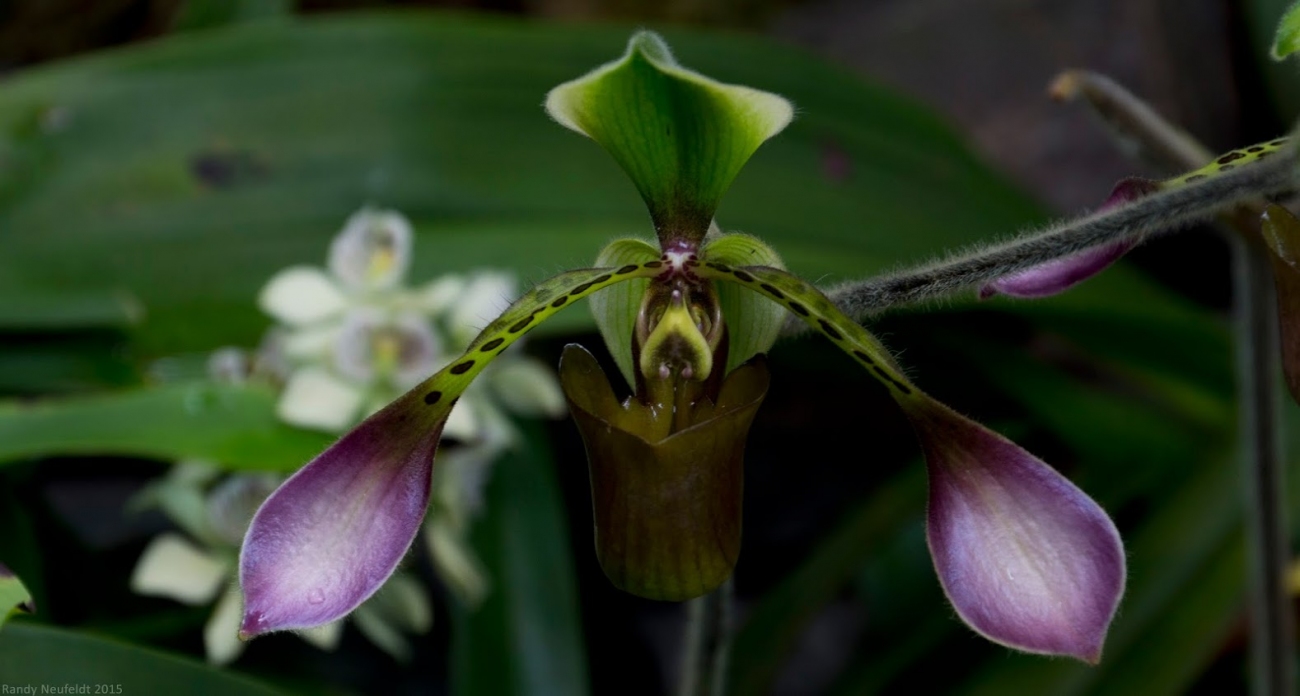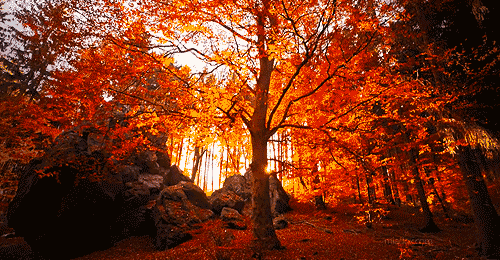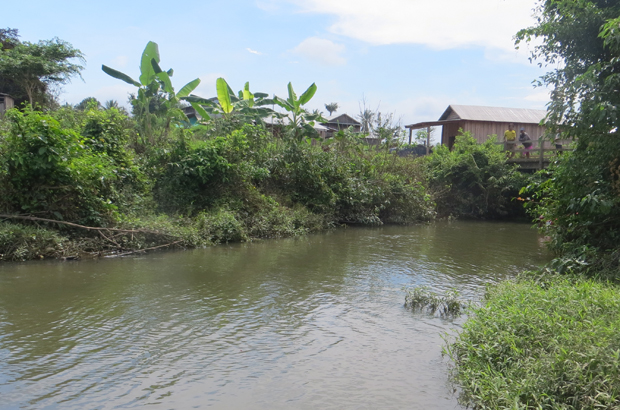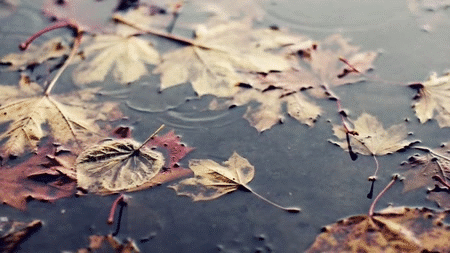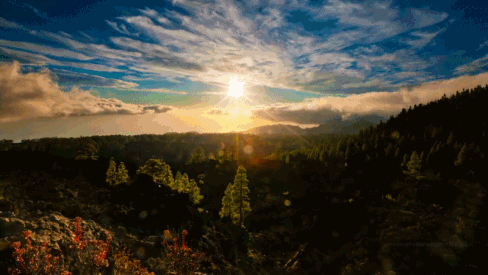The Middle Way Within
A Dhammatalk by Ajahn Chah
The teaching of Buddhism is about giving up evil and practising good. Then, when evil is given up and goodness is established, we must let go of both good and evil. We have already heard enough about wholesome and unwholesome conditions to understand something about them, so I would like to talk about the Middle Way, that is, the path to transcend both of those things.
All the Dhamma talks and teachings of the Buddha have one aim – to show the way out of suffering to those who have not yet escaped. The teachings are for the purpose of giving us the right understanding. If we don’t understand rightly, then we can’t arrive at peace.
When all the Buddhas became enlightened and gave their first teachings, they declared these two extremes – indulgence in pleasure and indulgence in pain2. These two ways are the ways of infatuation, they are the ways between which those who indulge in sense pleasures must fluctuate, never arriving at peace. They are the paths which spin around in samsāra.
The Enlightened One observed that all beings are stuck in these two extremes, never seeing the Middle Way of Dhamma, so he pointed them out in order to show the penalty involved in both. Because we are still stuck, because we are still wanting, we live repeatedly under their sway. The Buddha declared that these two ways are the ways of intoxication, they are not the ways of a meditator, not the ways to peace. These ways are indulgence in pleasure and indulgence in pain, or, to put it simply, the way of slackness and the way of tension.
If you investigate within, moment by moment, you will see that the tense way is anger, the way of sorrow. Going this way there is only difficulty and distress. Indulgence in Pleasure – if you’ve transcended this, it means you’ve transcended happiness. These ways, both happiness and unhappiness, are not peaceful states. The Buddha taught to let go of both of them. This is right practice. This is the Middle Way.
These words ‘the Middle Way’ do not refer to our body and speech, they refer to the mind. When a mental impression which we don’t like arises, it affects the mind and there is confusion. When the mind is confused, when it’s ‘shaken up’, this is not the right way. When a mental impression arises which we like, the mind goes to indulgence in pleasure – that’s not the way either.
We people don’t want suffering, we want happiness. But in fact happiness is just a refined form of suffering. Suffering itself is the coarse form. You can compare them to a snake. The head of the snake is unhappiness, the tail of the snake is happiness. The head of the snake is really dangerous, it has the poisonous fangs. If you touch it, the snake will bite straight away. But never mind the head, even if you go and hold onto the tail, it will turn around and bite you just the same, because both the head and the tail belong to the one snake.
In the same way, both happiness and unhappiness, or pleasure and sadness, arise from the same parent – wanting. So when you’re happy the mind isn’t peaceful. It really isn’t! For instance, when we get the things we like, such as wealth, prestige, praise or happiness, we become pleased as a result. But the mind still harbours some uneasiness because we’re afraid of losing it. That very fear isn’t a peaceful state. Later on we may actually lose that thing and then we really suffer. Continue reading




